Superfoods are often marketed as the ultimate solution to various health issues, but the truth behind these claims can be surprising. While some superfoods do offer health benefits, the extent of these benefits is often blown out of proportion. Misleading information can lead to unrealistic expectations and even neglect of other important aspects of a balanced diet. Being informed about the myths surrounding superfoods is key to making smarter dietary choices.
Contents
- 1 Superfoods Have No Side Effects
- 2 Superfoods Can Instantly Improve Your Mood
- 3 Superfoods Are All You Need for a Strong Immune System
- 4 Superfoods Always Contain Superior Nutrients
- 5 Superfoods Are an Easy Fix for Poor Eating Habits
- 6 Superfoods Are Better When Consumed Raw
- 7 Superfoods Are the Best Source of Antioxidants
- 8 Superfoods Are Always Low in Calories
- 9 Superfoods Can Detox Your Body
- 10 Superfoods Are a New Discovery
- 11 Superfoods Are Always Superior to Supplements
- 12 Superfoods Are Magic Bullets for Aging
- 13 Superfoods Are All You Need for Weight Loss
- 14 Superfoods Can Protect Against All Diseases
- 15 Superfoods Are Best Consumed in Large Quantities
- 16 Superfoods Are Always the Healthiest Choice
- 17 More From RetailShout
- 18 The 14 Ultimate Ranking of Trader Joe’s 2024 Boxed Mixes
- 19 14 Creative and Healthy Lunches Your Kids Will Look Forward To
Superfoods Have No Side Effects
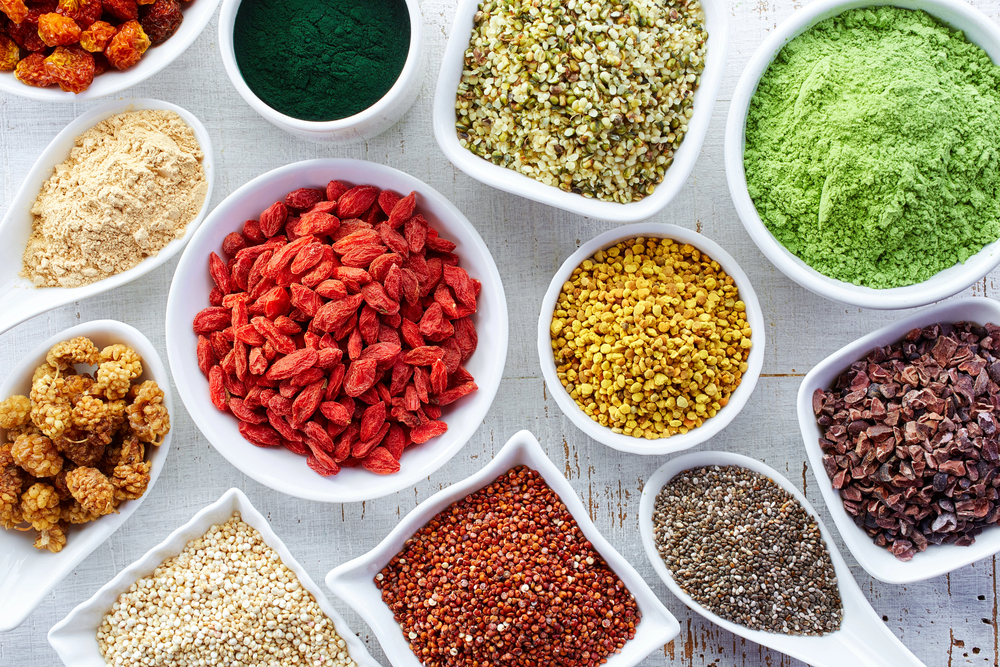
A common belief is that superfoods are completely safe and free from side effects. However, even natural foods can have adverse effects, especially if consumed in large quantities. For instance, too much spirulina can cause digestive issues or allergic reactions in some individuals. It’s important to recognize that superfoods, like any other food, should be consumed in moderation and with awareness of potential risks.
Superfoods Can Instantly Improve Your Mood

There’s a misconception that consuming superfoods will instantly boost your mood and energy levels. While some superfoods like dark chocolate or berries can have mood-enhancing properties, they are not a quick fix. The impact of food on mood is gradual and influenced by many factors, including overall diet and lifestyle. It’s unrealistic to expect immediate emotional changes from eating certain foods.
Superfoods Are All You Need for a Strong Immune System

The idea that superfoods alone can strengthen your immune system is misleading. While some superfoods, such as citrus fruits and garlic, are known for their immune-boosting properties, they are not a cure-all. A strong immune system depends on a combination of factors, including a balanced diet, regular exercise, adequate sleep, and stress management. Relying solely on superfoods can lead to an unbalanced approach to health.
Superfoods Always Contain Superior Nutrients
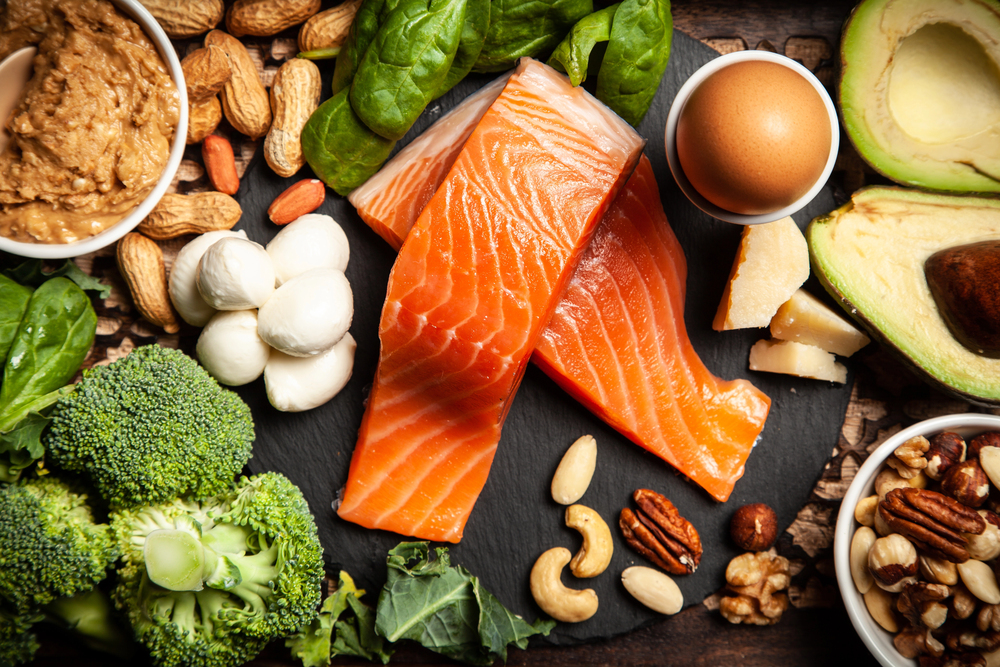
Many people believe that superfoods contain nutrients far superior to those found in other foods. However, while superfoods do offer valuable nutrients, they are not necessarily better than other healthy foods. For example, the antioxidant content in superfoods like pomegranates is comparable to that in common fruits like apples or oranges. It’s important to focus on overall dietary variety rather than placing superfoods on a pedestal.
Superfoods Are an Easy Fix for Poor Eating Habits

Some people assume that adding superfoods to a poor diet can counteract unhealthy eating habits. This belief is misleading, as no single food can make up for a diet high in processed foods, sugars, and unhealthy fats. Superfoods should complement, not replace, a balanced diet that includes a wide range of nutrients. Relying on superfoods as a quick fix can prevent you from making more meaningful dietary changes.
Superfoods Are Better When Consumed Raw
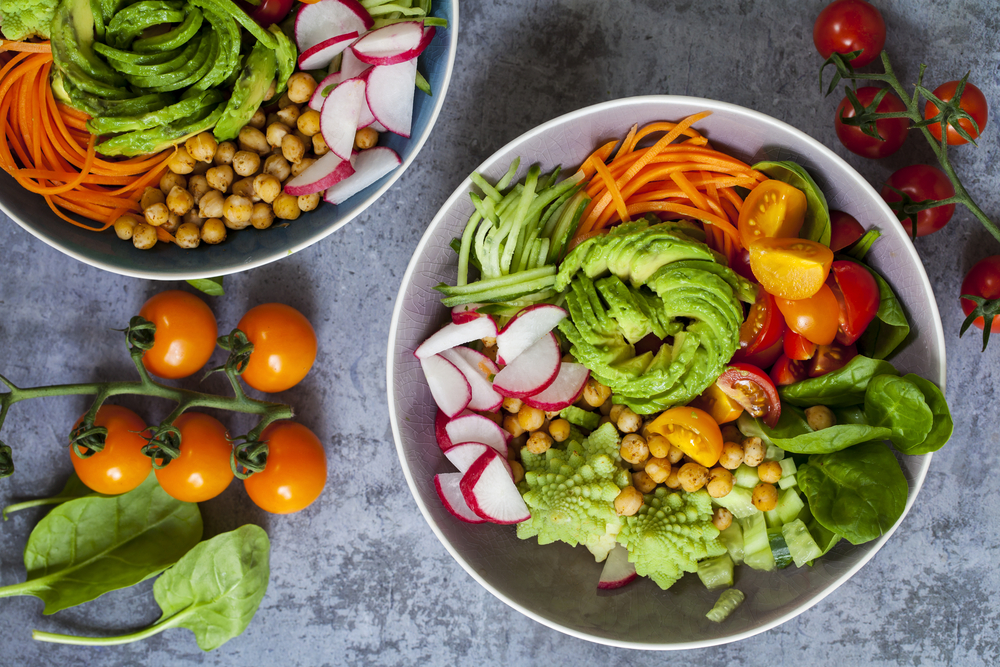
There’s a popular belief that superfoods are most beneficial when eaten raw, as cooking is thought to destroy their nutrients. However, this is not always true. For some superfoods, cooking can enhance their nutritional value or make them easier to digest. For example, cooking tomatoes increases the availability of lycopene, a powerful antioxidant. Understanding how to prepare superfoods properly is key to maximizing their benefits.
Superfoods Are the Best Source of Antioxidants
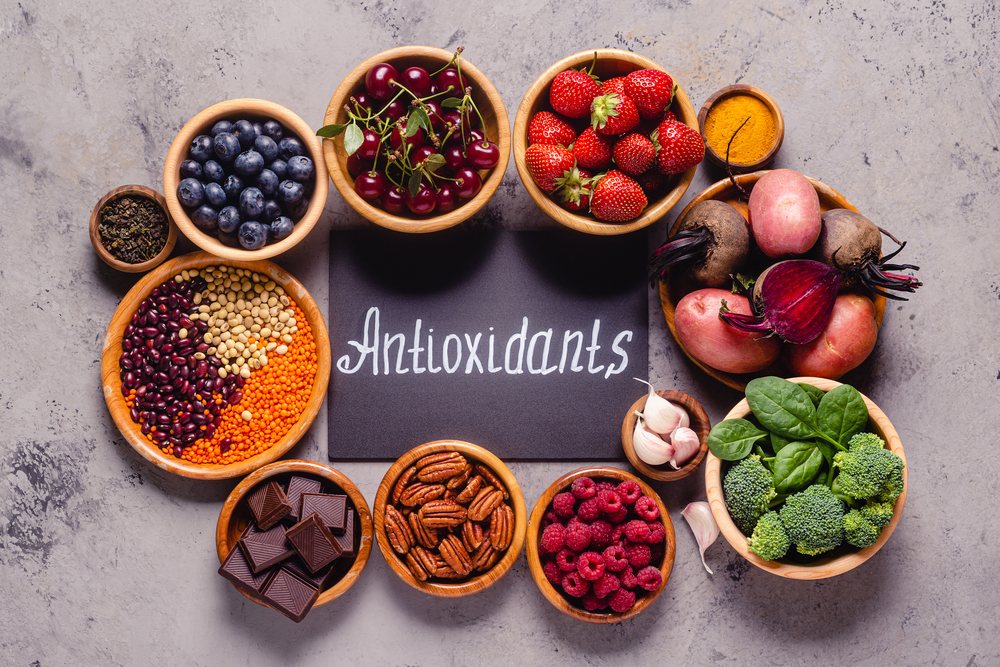
Antioxidants are often associated with superfoods, leading to the belief that they are the best source of these vital compounds. However, antioxidants are found in a wide variety of foods, not just those labeled as superfoods. Vegetables, grains, and even certain meats can be rich in antioxidants. It’s important to include a diverse range of foods in your diet to ensure adequate antioxidant intake.
Superfoods Are Always Low in Calories

Superfoods are often marketed as low-calorie options, which can be misleading. While many superfoods are nutrient-dense and low in calories, others, like nuts and seeds, are high in healthy fats and can be calorie-dense. Consuming these foods without considering portion sizes can lead to an unintended calorie surplus. It’s essential to balance calorie intake with nutritional value when incorporating superfoods into your diet.
Superfoods Can Detox Your Body

Detox diets featuring superfoods are popular, but the idea that certain foods can detoxify your body is a myth. Your body has its own natural detoxification systems, primarily the liver and kidneys, that work effectively without the need for special foods. While superfoods can support overall health, they cannot replace the body’s natural detox processes. The concept of detoxifying through diet is more about marketing than science.
Superfoods Are a New Discovery
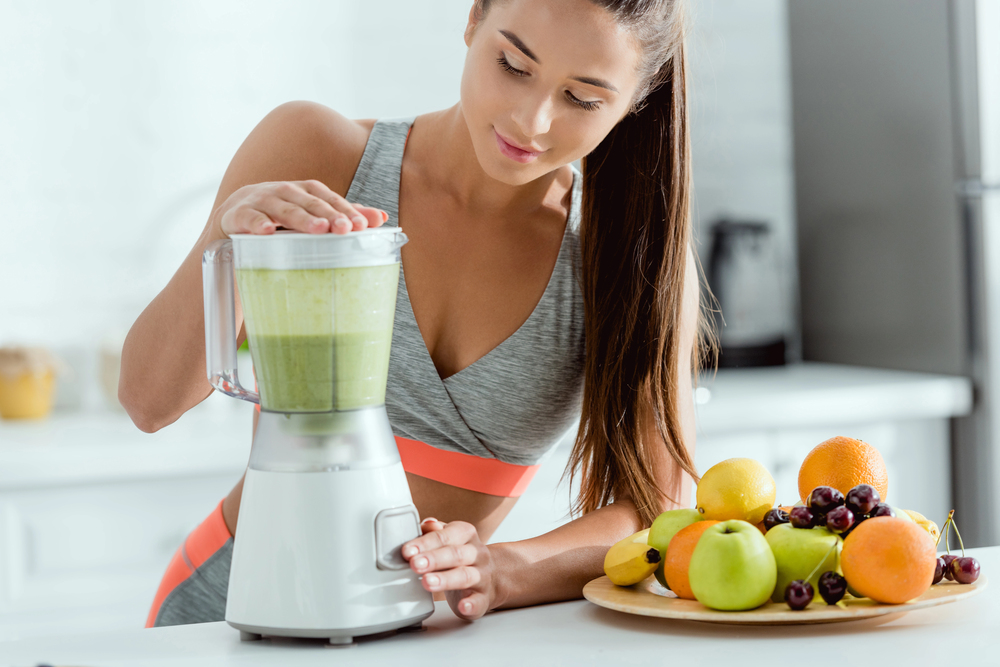
The term “superfood” may be new, but many of these foods have been consumed for centuries in various cultures. What is often marketed as a recent health trend is rooted in traditional diets. For example, chia seeds and quinoa have been staples in South American diets for thousands of years. The recent rebranding of these foods as superfoods can be misleading, implying novelty where there is none.
Superfoods Are Always Superior to Supplements
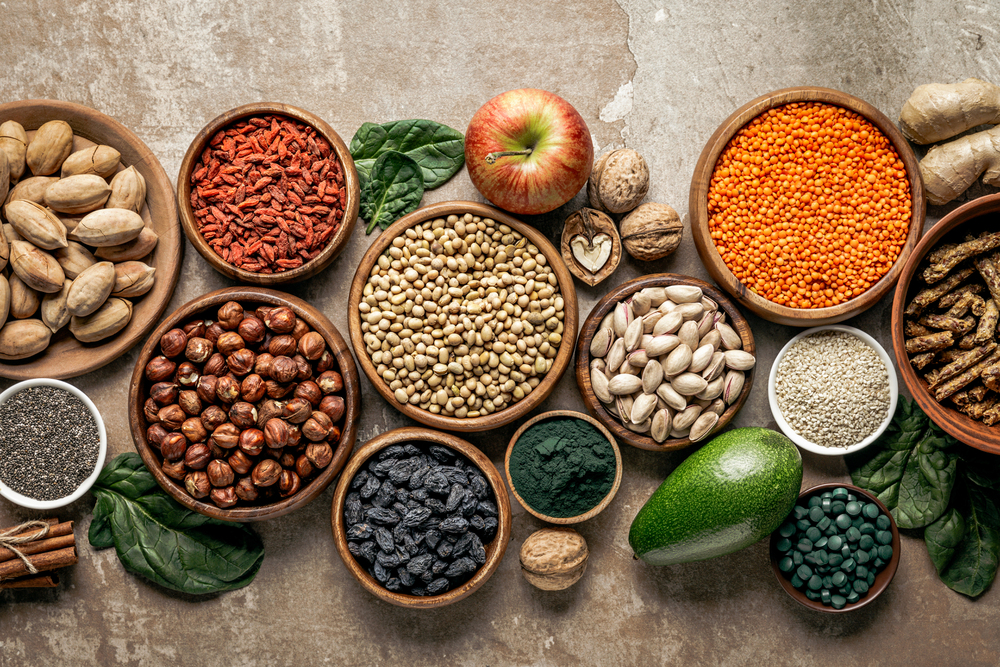
There’s a common belief that superfoods are always better than taking supplements. While it’s true that getting nutrients from whole foods is generally preferable, there are situations where supplements might be necessary. For example, people with specific deficiencies might need supplements to reach the recommended levels of certain nutrients. Superfoods can complement, but not always replace, the targeted support that supplements can provide.
Superfoods Are Magic Bullets for Aging
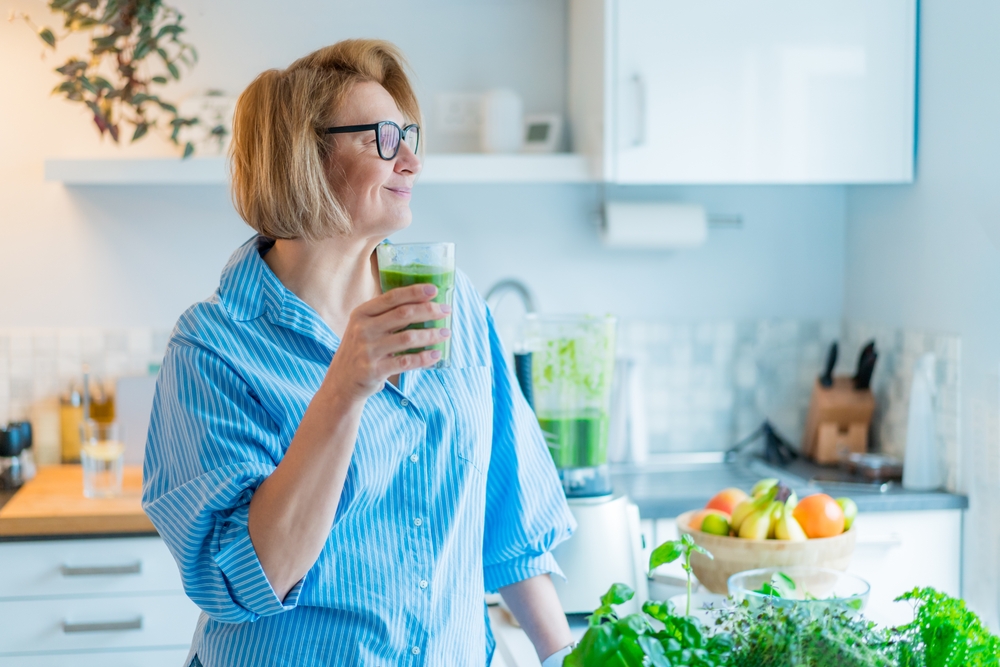
Many superfoods are marketed as anti-aging miracles, promising to keep you looking young and healthy. While some superfoods like blueberries and green tea contain antioxidants that combat oxidative stress, they are not magic bullets for aging. Aging is a complex process influenced by genetics, lifestyle, and environment. Superfoods can contribute to overall health but cannot single-handedly halt the aging process.
Superfoods Are All You Need for Weight Loss

The belief that superfoods alone can lead to weight loss is a common misconception. While superfoods like avocados or green tea can support a healthy diet, they are not sufficient by themselves to cause significant weight loss. Sustainable weight loss requires a combination of balanced nutrition, regular exercise, and lifestyle changes. Relying solely on superfoods for weight loss can lead to disappointment and frustration.
Superfoods Can Protect Against All Diseases

The idea that superfoods can protect you from all diseases is an overstatement. While some superfoods have properties that may reduce the risk of certain illnesses, they cannot provide complete protection. Factors like genetics, lifestyle, and overall diet play a significant role in disease prevention. It’s important to view superfoods as part of a broader approach to health, rather than as a cure-all.
Superfoods Are Best Consumed in Large Quantities
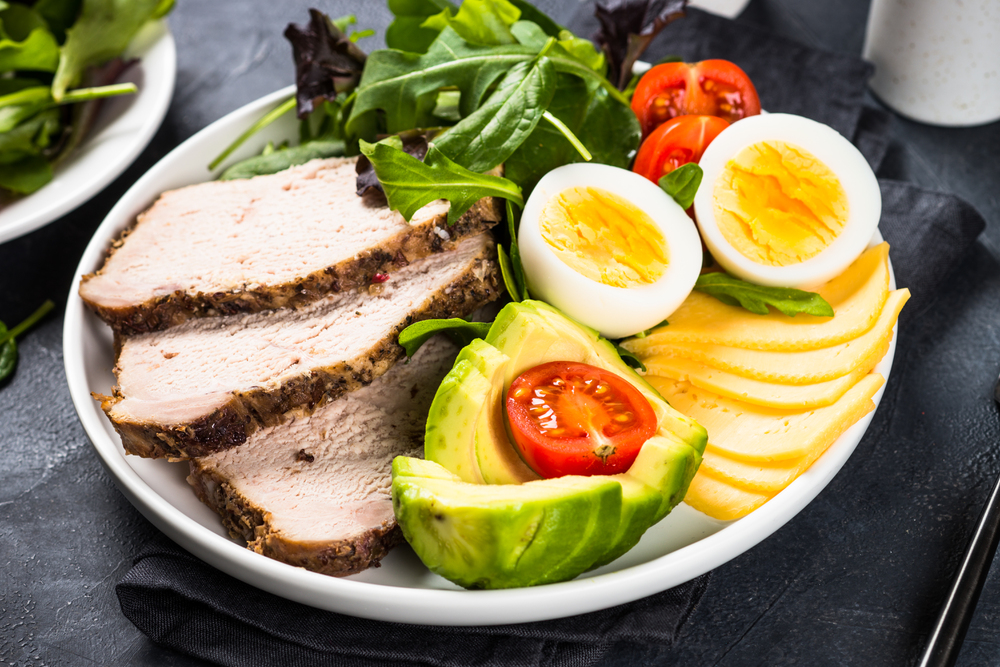
Some people believe that consuming large amounts of superfoods will amplify their health benefits. However, more is not always better, and overconsumption can lead to adverse effects. For example, too much turmeric can cause stomach issues, and excessive consumption of green smoothies can lead to nutrient imbalances. Moderation is key when incorporating superfoods into your diet.
Superfoods Are Always the Healthiest Choice
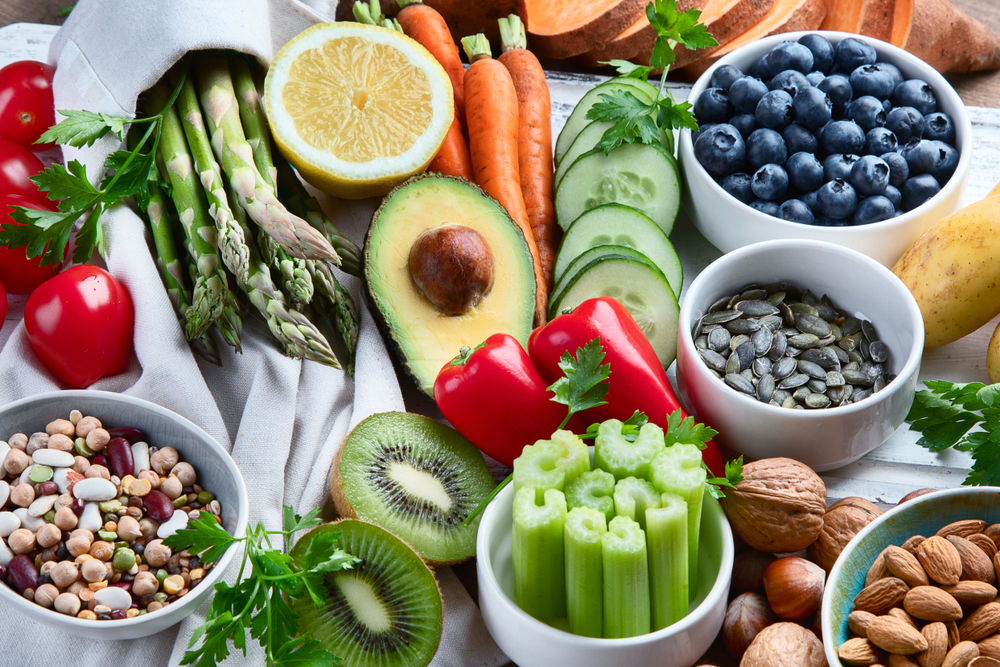
The label “superfood” can lead people to assume that these foods are always the healthiest choice, but this is not necessarily true. Superfoods can be part of a healthy diet, but they are not the only or even the best options available. Other foods, including less trendy fruits and vegetables, offer similar or greater health benefits. It’s important to evaluate foods based on their overall nutritional content rather than their marketing label.
This article originally appeared on RetailShout.
More From RetailShout
11 Oldest Seafood Restaurants in the US You Can’t Miss

Seafood has been a favorite in American cuisine for centuries, and some of the oldest seafood restaurants still stand as a testament to that love. These spots not only serve up fresh and delicious seafood but also carry rich histories that make dining there an unforgettable experience. Read More.
The 14 Ultimate Ranking of Trader Joe’s 2024 Boxed Mixes
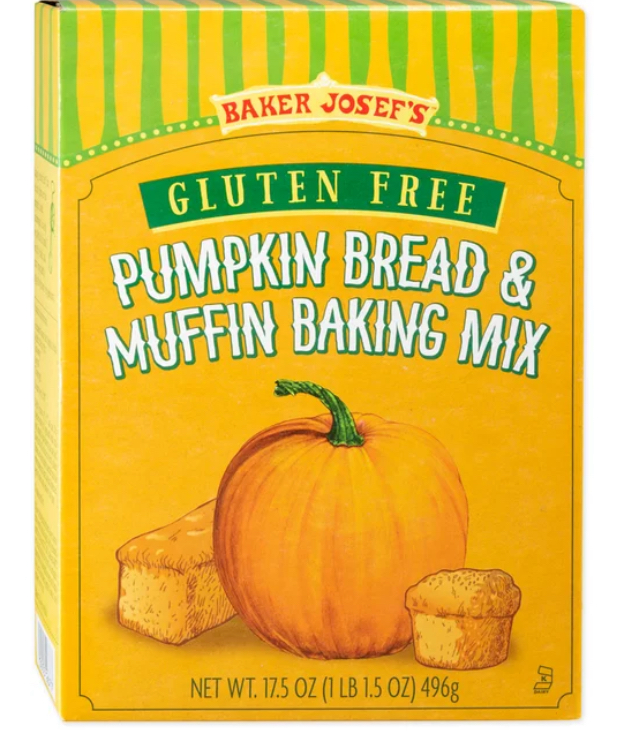
Let’s be real—life is busy, and sometimes we just need a little boxed magic to get a delicious treat on the table without breaking a sweat. Luckily, Trader Joe’s has our backs with their incredible (and sometimes quirky) array of boxed mixes. Read More.
14 Creative and Healthy Lunches Your Kids Will Look Forward To

Making sure your kids have healthy lunches is important for their growth and energy throughout the day. Here are 15 great options that are not only nutritious but also delicious and easy to prepare. Read More.






